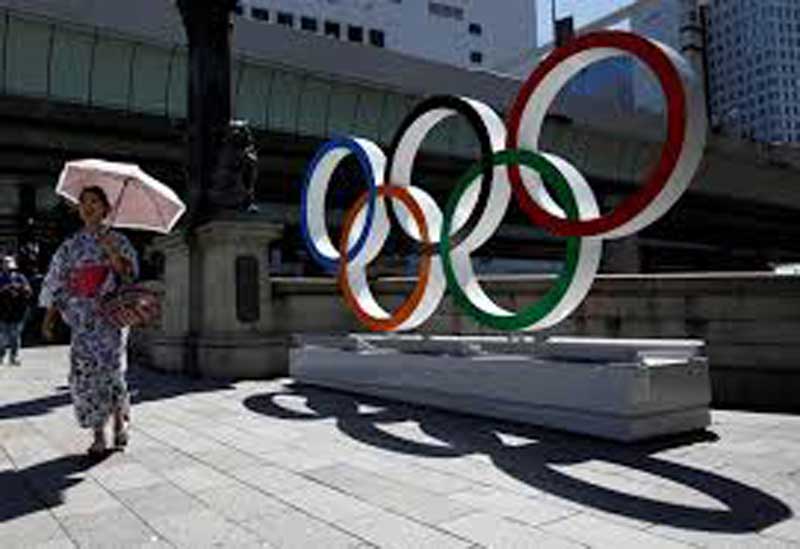 TOKYO: Tokyo Olympics organisers said on Friday it has yet to be decided who will foot the bill for moving the 2020 marathon and race walking events to the northern city of Sapporo. Organisers said the Games were expected to cost some 1.35 trillion yen (9.5 billion pounds), which is in keeping with last year’s version of the budget, but that that figure did not include an estimated three billion yen for moving the events. The International Olympic Committee (IOC) stunned Games organisers in October by announcing the marathon would be moved to Sapporo to avoid the worst of Tokyo’s summer heat. “For the additional fee, of course we need to discuss with the IOC,” said Tokyo 2020’s finance director Gakuji Ito. “So, if the IOC agrees to take the burden then they will. If there is any part IOC is not covering the fee and TOCOG has to bear, then I think we will use the contingency (fund).” A 27 billion yen contingency fund included in the budget has been set aside for potential natural disasters during the event, such as the typhoon that disrupted the Rugby World Cup in October. A decision is expected to be made in the New Year. “We do have a contingency budget allocated so this is the amount we have included as an expenditure,” said Ito.
TOKYO: Tokyo Olympics organisers said on Friday it has yet to be decided who will foot the bill for moving the 2020 marathon and race walking events to the northern city of Sapporo. Organisers said the Games were expected to cost some 1.35 trillion yen (9.5 billion pounds), which is in keeping with last year’s version of the budget, but that that figure did not include an estimated three billion yen for moving the events. The International Olympic Committee (IOC) stunned Games organisers in October by announcing the marathon would be moved to Sapporo to avoid the worst of Tokyo’s summer heat. “For the additional fee, of course we need to discuss with the IOC,” said Tokyo 2020’s finance director Gakuji Ito. “So, if the IOC agrees to take the burden then they will. If there is any part IOC is not covering the fee and TOCOG has to bear, then I think we will use the contingency (fund).” A 27 billion yen contingency fund included in the budget has been set aside for potential natural disasters during the event, such as the typhoon that disrupted the Rugby World Cup in October. A decision is expected to be made in the New Year. “We do have a contingency budget allocated so this is the amount we have included as an expenditure,” said Ito.
“However, this is not just for the Sapporo issue, it would be for any large size typhoons that occur before the competition or things we need to handle before the Games. “These are things we are not able to forecast so if unexpected things were to occur then it might exceed 1.35 trillion yen.” Tokyo 2020’s budget is split between the organising committee and local and national governments. Organisers say the national government was expected to pay some 150 billion yen – mainly for funding of the new National Stadium – but the expenditure at a national level has been the source of some debate.
A report from Japan’s Board of Audit earlier this month put national government spending on the Olympics between the bid in 2013 and 2018 at 1.06 trillion yen. However, Tokyo 2020 said the disparity was down to different “definitions of Games-related” costs. “It was not segregated between Games-related expenses and any other not directly related items,” said Ito, who added further clarification was expected from the Board of Audit next year. The Tokyo Olympics run from July 24 to Aug. 9.